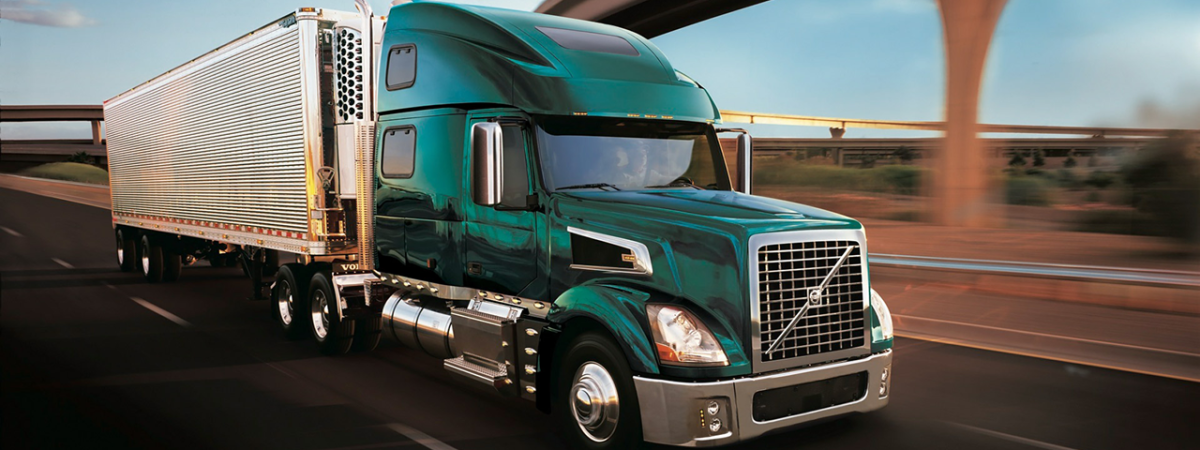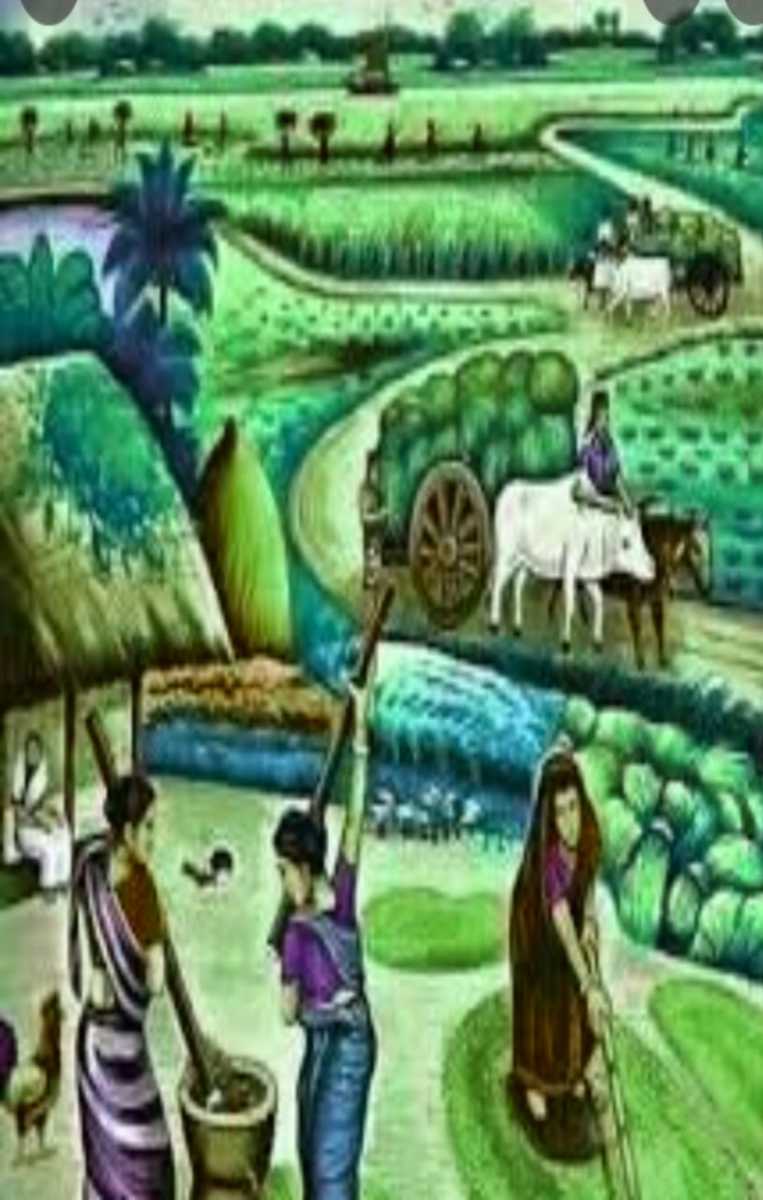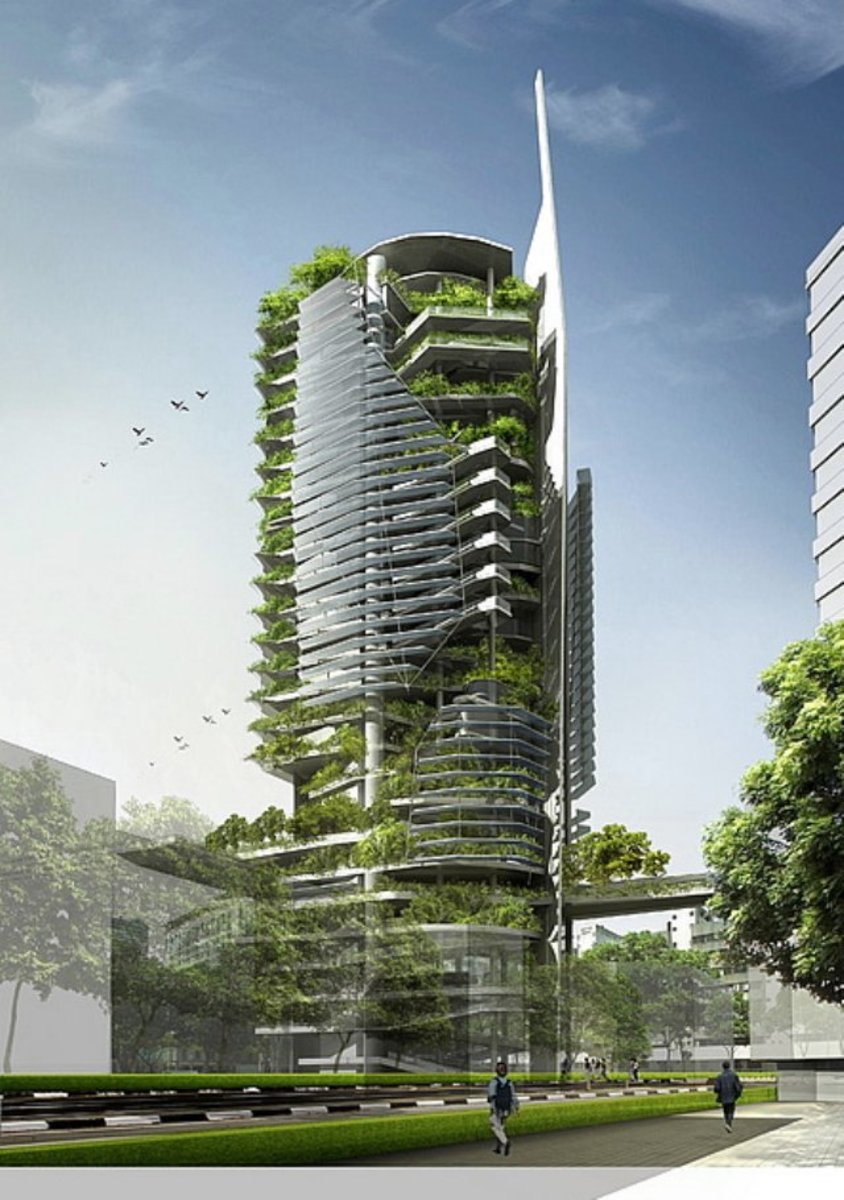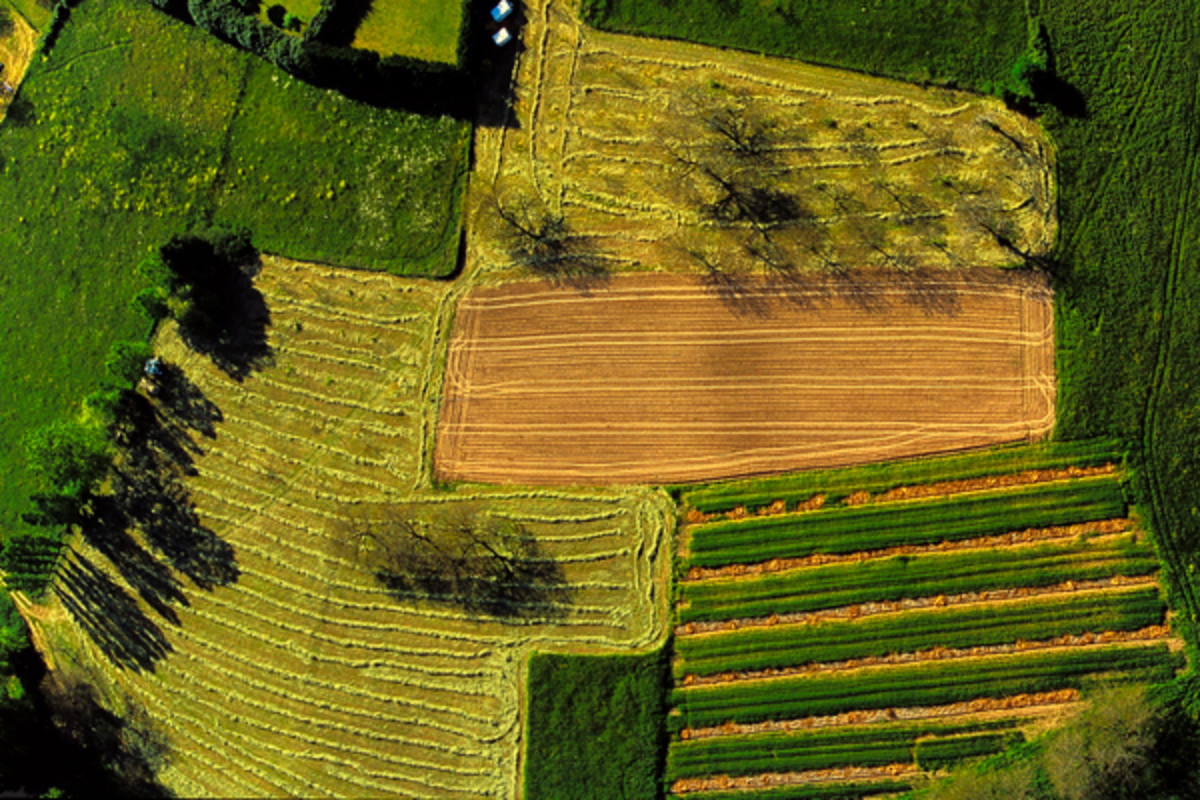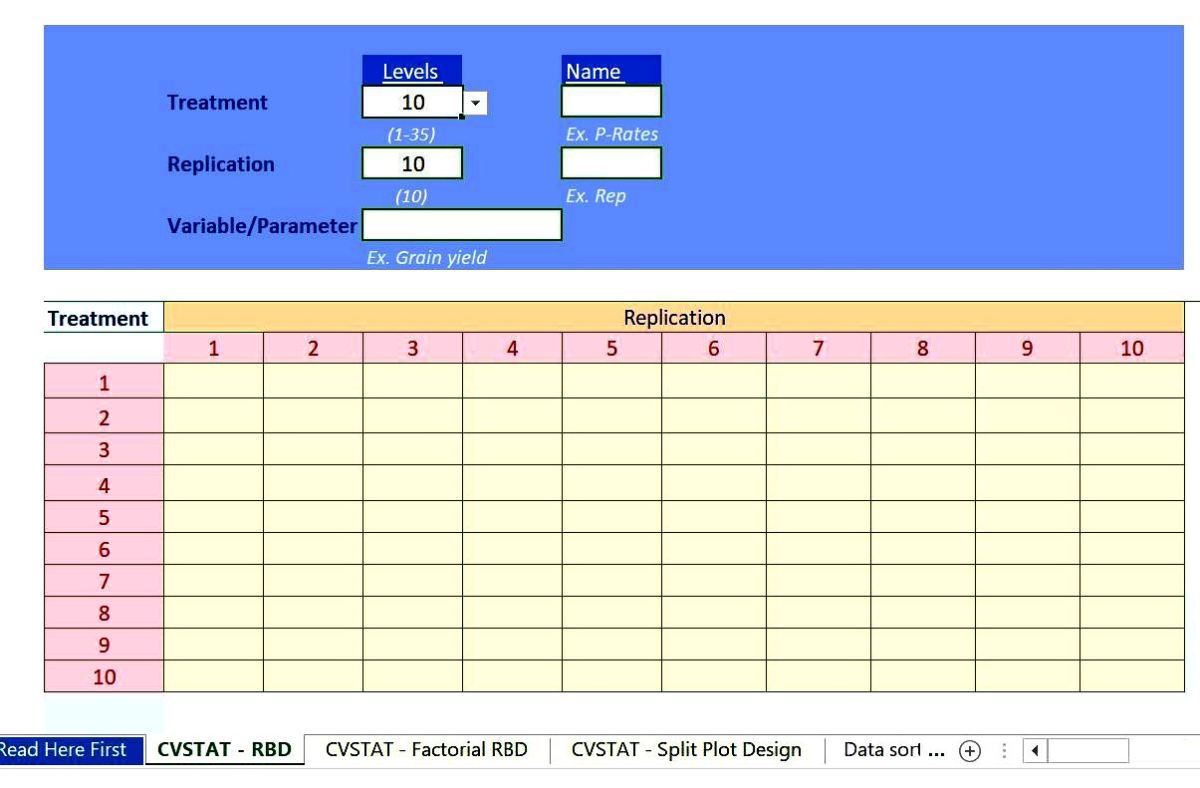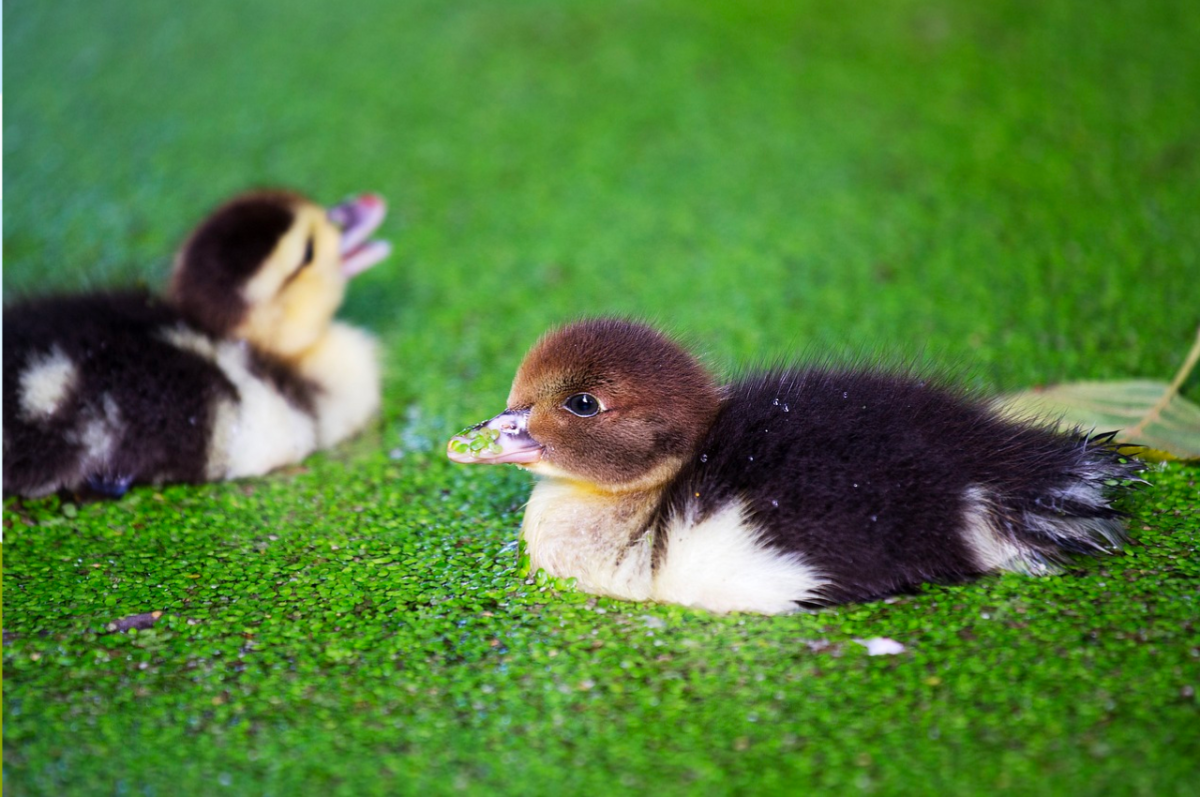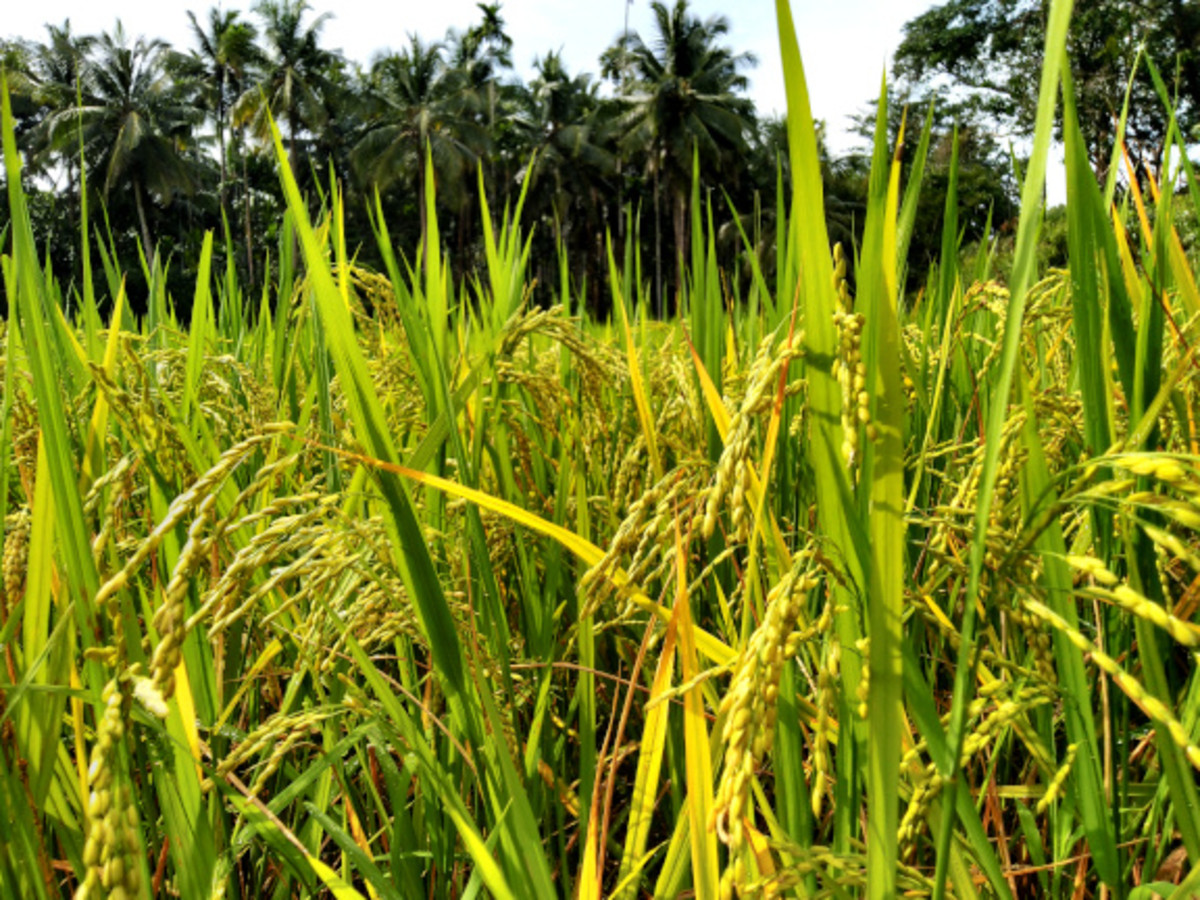Organic Agriculture: A Solution for Healthy People on a Healthy Planet
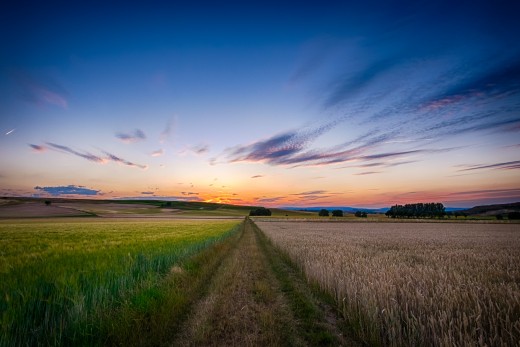
The Emergence of Agriculture
The appearance of agriculture on Earth coincides with the gradual conversion of the human way of living; from nomadic life to a permanent establishment in specific areas. Now, the care to ensure his food is increasingly being shifted from hunting, fishing and harvesting of wild fruits and wild plants, that the primitive man made during his movements, to the crops cultivated by him and in animal farming. According to history, the emergence of agriculture is around 10,000 BC.
The first agricultural systems had as their primary purpose the coverage of the family's nutritional needs and the needs of the local community. These systems operate in harmony with natural laws; they do not deplete natural resources, use and rely on native materials, and recycle animal and plant residues at an individual and local level.
For these systems of traditional agriculture (which still survive, but marginally, in different regions of the earth) nothing is useless, no material is discarded, and everything returns or remains in the farm's ecosystem. No organization is unnecessary or harmful. There are no "harmful" insects, "enemies" of crops, "weeds," but they all exist and interfere with each other in an eternal dance of life. Each organism expresses its unique genetic features, and at the same time, it is a valuable and indispensable link in the web of life. The flow of energy and the exchange of materials in the ecosystem can be continued through the existence of all those plants and animals that a wise necessity has created during the evolution of life on Earth.
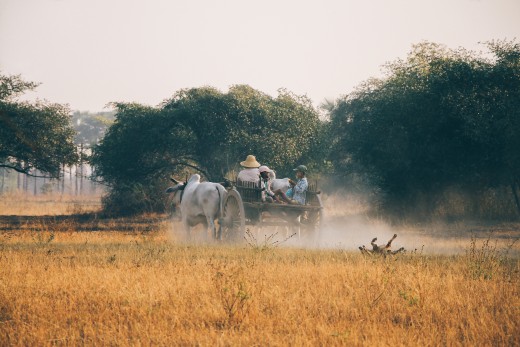
The Abandonment of the Traditional Agricultural
Traditional agricultural and livestock farming systems continued to evolve until the middle of the nineteenth century. The significant technological, social and economic changes that occurred at that time, such as the discovery of machines, the industrial revolution, the growth of population and its gradual concentration in the major urban centers (urbanization), radically change the context in which agriculture is practiced in the developed world.
Traditional farming now seems to be poor compared to the speed with which the man of modern times wishes to dominate the things that surround him. Gradually, the man acting with childish arrogance begins to defy knowledge and traditional practices that have been tested through the centuries. He disrespectfully ignores his thousand-year-old friends and their needs (forests, rivers, seas, plants, and animals). He also eliminates “annoying” minorities (like Native Americans). Choose another worldview and lifestyle, and follows a way of dominance, oppression, and rape of nature.
After the moving of the major part of the population to the cities, the few farmers that left behind had to continue their efforts and cultivate for their families and for those who left. So the scenery is changing. The crops increase and the number of cultivated species and varieties is limited. Farmers choose the cultivated species not by their nutritional value, but by their income. They no longer know where and by whom their goods will be consumed. The social role of the farmer is degraded, overlooked and forgotten.
Monoculture, the Source of the Problem
The ancient experiential relationship, between farmer, cultivation, and soil-climatic conditions, is slowly being replaced by a mechanical and impersonal participation in the process of a massive production of agricultural products. The farmer loses every day, more and more, the nature of his work, the connection with the Earth and his love for the other beings. He feels dissatisfied and indifferent. He buys farm machinery and stops using farm animals for agricultural work. So he does his job faster, but he loses the sense of cooperation with farm animals, along with the dung they were giving him. Now he has to buy manure or chemical fertilizer. He, therefore, starts to depend on the "input" of energy and farm supplies for the farm, which is growing. At the same time he reduces the species he cultivates, and gradually there are more and more large fields having only one kind of plant. This is "monoculture."
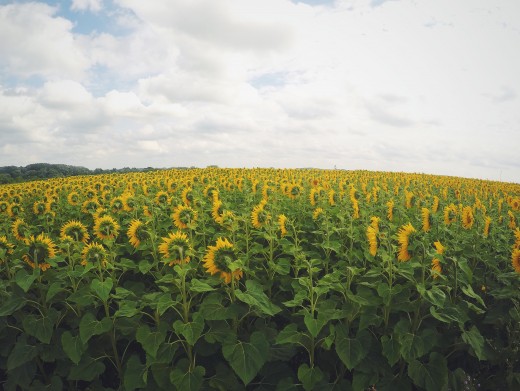
The War Against Nature
Now, in that large area that is planted with only one kind of plant, the insects and other organisms that use this type of plant as food will be attracted further. Due to monoculture, plant species that would shelter beneficial organisms disappear. So, they cannot control the increasing populations of pests. Accordingly, we see that the decline in the species that we cultivate leads to a reduction in the variety of wildlife and eventually to the breakdown of the food chain because the links (animal and plant species) that could preserve that chain, are being lost. Now the farmer is forced to buy chemical pesticides to protect his plants from enemies and threats that threaten them.
There is no doubt that the use of machinery, systematic irrigation and agrochemicals (chemical fertilizers and pesticides) in western world agriculture has brought a steep increase in production. The spectacular results of their first applications have led to their massive and uncontrolled use, to the creation of multinationals - supranational companies that produce them and to the increasing dependence of the farmers on them. Hybrids, grains of high yields, but even higher requirements, are added to the whole circuit. The farmer has now been trapped into a dance of enormous economic interests and to an unnatural agriculture. This agriculture is 100% dependent on inputs of energy or landfill (seeds, fertilizers, medicines). An agriculture that, like most of the 20th-century western man's activities, is self-defined by the narrow margins of economic gain.
The Chemical Destruction
As early as the 1970s, the first serious problems appeared. The soil began to "tire" and its organic substance depleted. The quantities of chemical fertilizers, which had to be used to produce specific kilos of a particular product, had to be continually increased. An analogy has also happened with pesticides. The almost absolute efficiency in the first years of applications has given way to problems such as:
- the persistence of many plant parasites against the active substances,
- the extermination of beneficial organisms,
- the collapse of the ecological balance of systems,
- pollution of waters, soil, and air,
- side effects and poisoning among farmers - users,
- residues in agricultural products.
The Earth does not belong to man; Man belongs to the Earth. This we know. All things are connected like the blood which unites one family. Whatever befalls the Earth befalls the sons of the Earth. Man did not weave the web of life, he is merely a strand in it. Whatever he does to the web, he does to himself.
— Chief SeattleA Solution from the Past
The organic way of producing agricultural products, biological farming, is trying to be the solution to all the above deadlocks. It attempts to become the lost link that will re-connect communications that have been interrupted for years. It tries to restore a mentality where nature is treated with respect, and the farmer realizes that at last, he must correspond with nature and not to act against it. He has to accept the laws and limits of nature, and not keep ignoring them.

The ideas of organic farming were born in the central European area, but they are now increasingly appealing to all the lengths and widths of the Globe. Organic farming is already a measurable, albeit the minority, trend within agriculture. Millions of acres are grown successfully today in the world according to the principles of organic farming. They are thus a living proof of the possibility of producing agricultural products - of high quality - without the use of synthetic chemical pesticides and fertilizers, the primary means by which modern agriculture impairs both the rural environment and the health of consumers.
Although its percentage participation in the aggregate agriculture, is in any case small (1-10%), organic farming has the dynamic to be today the primary (albeit probably not the only) alternative to the problems of modern agriculture.
Definition of Organic Agriculture
In September 2005 in Adelaide, Australia, the General Assembly of IFOAM - Organics International passed a motion to establish a succinct Definition of Organic Agriculture. After almost three years of work by a designated task force, a definition reflecting the four Principles of Organic Agriculture in a succinct way was adopted in Vignola, Italy as follows:
"Organic Agriculture is a production system that sustains the health of soils, ecosystems, and people. It relies on ecological processes, biodiversity and cycles adapted to local conditions, rather than the use of inputs with adverse effects. Organic Agriculture combines tradition, innovation, and science to benefit the shared environment and promote fair relationships and a good quality of life for all involved."
Another Way of Life
Organic farming is another way of life with love and respect for man, nature and agricultural work. This different approach to agriculture is seen through the basic principles of organic farming.
- THE PRINCIPLE OF CARE: Organic Agriculture should be managed in a precautionary and responsible manner to protect the health and well-being of current and future generations and the environment.
- THE PRINCIPLE OF ECOLOGY: Organic Agriculture should be based on living ecological systems and cycles, work with them, emulate them and help sustain them.
- THE PRINCIPLE OF FAIRNESS: Organic Agriculture should build on relationships that ensure fairness with regard to the common environment and life opportunities.
- THE PRINCIPLE OF HEALTH: Organic Agriculture should sustain and enhance the health of soil, plant, animal, human and planet as one and indivisible.
Benefits of Organic Farming
According to a reference of IDC Technologies, some significant benefits for organic farming and organic foods compared to conventional agriculture are:
- Organic farming is a science in itself which can be learned quickly by any conventional farmer.
- It has been found that by switching to organic farming, a conventional farmer can reduce its production cost by over 25% as compared to the cost of conventional agriculture. This eliminates the use of expensive synthetic fertilizers and pesticides, minimizing soil erosion by up to 50% and increasing crop yields up to five-folds.
- A well-planned transition strategy may allow conventional farmers to adopt new, more effective organic farming practices quickly.
- Organic farms can support substantially higher levels of wildlife especially in flat lands and where animals can roam in pastures or graze on grassland. Not only does wildlife benefit, but entire ecosystems and ground water are improved by just following organic agricultural methods.
- Organic farming practices not only help farmers and consumers, but the dairies can benefit. When dairies feed their cows organic feed and graze them on organic fields, the cows experience better health, less sickness, diseases and ultimately produce better-tasting milk for consumers.
- Organic farming promotes healthy soils that are teaming with life and rich in micro nutrients and which can be used for decades to grow crops without getting exhausted.
- Consumers purchasing organically grown foods, declare that are tastier. Regardless of minimal price differences, consumers can smell, taste and see the difference in the quality of organically grown food products.
- Organically grown products are free from harmful chemicals, artificial flavors, and preservatives that ultimately cost consumers more money than non-organically grown products. You can always taste the difference between organically grown and conventionally grown products.
Source:
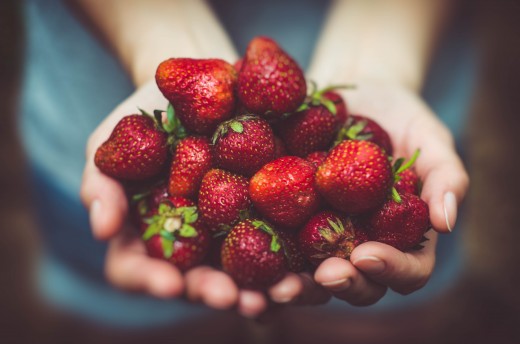
There Is a Solution; There Are No Excuses Anymore
A possible solution therefore exists. We should try to do our best for us, for our children and this beautiful planet. In this effort and through the experience we will be gaining, it is possible that we will find and other better solutions. But we must act. All of us. Our health and our planet are the ones that are destroyed. There are no longer excuses. We all have the responsibility of choice.
We do not inherit the earth from our ancestors; we borrow it from our children
Depending on your present knowledge, do you believe that we have to change the context in which agriculture is practiced in our planet?
© 2017 Ioannis Arvanitis

